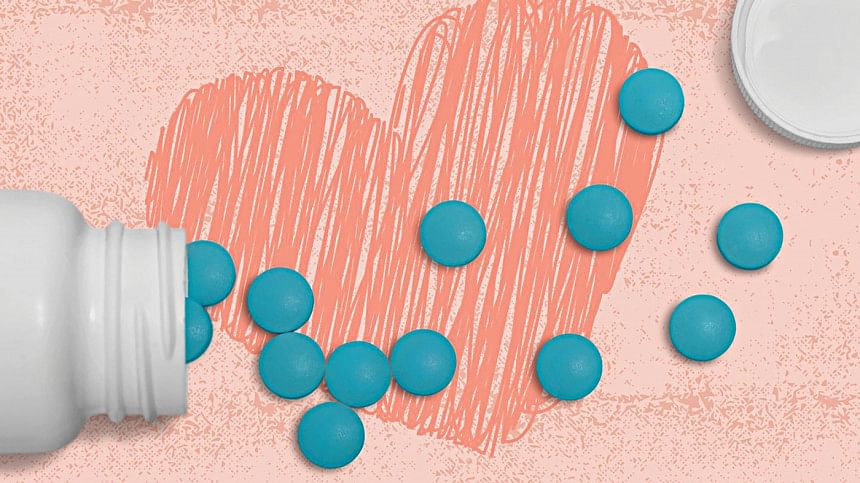Tips for taking them safely

If you are taking a blood thinner prescribed by your doctor to prevent blood clots, it is important to take some precautions:
Avoid bumps and falls: The blood thinner keep clots from forming in your heart or blood vessels can help prevent a heart attack and stroke. But because these drugs make it hard for you to stop bleeding, a minor injury can turn serious. Avoid contact sports and other activities where you are likely to get hurt. Walk, swim, or do other, safer exercises instead.
Stick to a schedule: Take your medicine at the same time each day. Some blood thinners do not work right if you are not consistent. Use a pill organiser or the calendar to remind yourself. If you forget, take it as soon as you remember. Do not skip a pill. If you do not realise until the next day that you missed a dose, ask your doctor what to do. Do not double-up.
Know your medicines: Before you bring home any new prescription or over-the-counter medicine, check with your doctor or pharmacist to make sure it is safe to take with your blood thinner. Even vitamins and supplements can change the way some blood thinners work or add to their side effects. For example, if you take a pain reliever or cold medicine with aspirin in it, your bleeding risk could go up.
Cut carefully: Blood thinners can turn a tiny cut into a major bleed. Wear gloves when you work with knives, garden shears, or other sharp tools. Be extra careful when shaving. Use an electric razor, if possible, so you can not nick yourself. Don't trim your nails too close to the skin. When you do cut yourself, apply pressure until the bleeding stops. If it does not, get medical help.
Watch your vitamin K: Too much can make a common blood thinner called warfarin less effective. You should talk to your doctor about how much of food containing vitamin K is safe for you to eat.
Get tested: While you are on certain blood thinners, you may need regular blood tests to measure how fast your blood clots. The results help your doctor decide whether to change your dose or switch you to another drug.
Alert your medical team: Tell every doctor you visit that you take blood thinners, especially before you have a medical procedure or when you get a new prescription. They need to know you are at extra risk for bleeding.
Be gentle with your teeth: Your gums are delicate, so clean your mouth with a lighter touch. Use a soft toothbrush, and do not scrub. Choose a waxed dental floss; slide it carefully between your teeth. Let your dentist know you take blood thinners. They will take extra care during check-ups and may also give you medicines to reduce bleeding during dental procedures.
Watch for side effects: Sometimes blood thinners might cause:
• Bleeding gums
• Bruises you can not explain
• Dizziness
• Heavier-than-normal periods
• Red or dark brown urine or stools
Call your doctor if you notice any of the above cases.
Keep supplies handy: Have a stash of bandages and dressings at home. Always carry some with you, in case you get a cut. Special powder can stop a bleed quickly and keep it under control until you are able to get medical help. You can buy these products without a prescription at your local drugstore. And they are safe to use while you are on blood thinners.

 For all latest news, follow The Daily Star's Google News channel.
For all latest news, follow The Daily Star's Google News channel. 



Comments